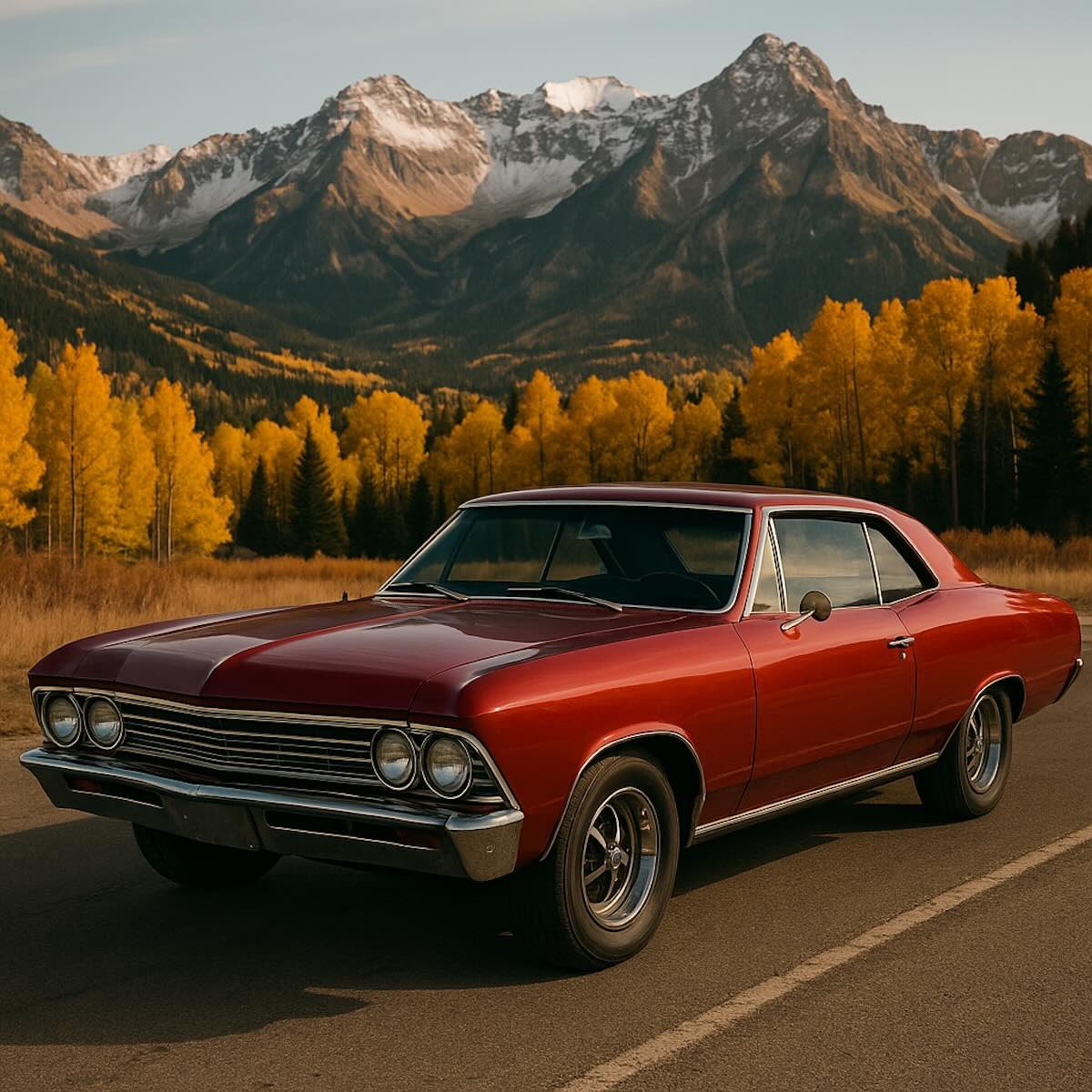What Makes a Car a Classic in Colorado?
If you're a car enthusiast in Colorado or just inherited an old beauty, you might be wondering: what officially makes a car a "classic" in this state? Whether you're thinking about registration, value, or bragging rights, here's everything you need to know about what defines a classic car in Colorado.
What Is Considered a Classic Car in Colorado?
In Colorado, the term "classic car" has a specific meaning when it comes to registration and licensing. According to the Colorado Division of Motor Vehicles (DMV), a vehicle may be eligible for classic car status if:
It is at least 32 years old
It is not driven more than 4,500 miles per year
It is primarily used for historical exhibition, parades, or occasional leisure drives
This classification matters if you're looking to apply for "Collector Vehicle" plates, which come with perks like reduced emissions requirements and a longer registration cycle.
Key Requirements for Classic or Collector Car Registration
If you're hoping to register your vehicle as a classic or collector car in Colorado, here are the primary requirements:
Vehicle Age: The car must be 32 years old or older (from the date of manufacture).
Mileage Restrictions: Owners must certify that the vehicle will not exceed 4,500 miles per year.
Emission Exemption: If the car was manufactured before 1976, it may be exempt from emissions testing.
Special Plates: You'll need to apply for "Collector Plates" through the DMV, which may require additional documentation, such as odometer verification or photos of the vehicle.
📌 Note: Colorado also offers "Horseless Carriage" plates for cars made before 1942 and "Street Rod" plates for vehicles made before 1949 or replicas thereof.
Why Classic Status Matters
Registering your vehicle as a classic in Colorado isn’t just about vintage flair—it can have real benefits:
Lower registration costs over time due to extended renewal cycles
Potential exemptions from emissions testing
Preservation of vehicle value, especially for collectors or resale
Access to specialty insurance rates, which often assume the car is not a daily driver
Classic vs. Antique vs. Vintage – What's the Difference?
Though the terms are often used interchangeably, Colorado law is more concerned with specific age brackets:
Classic: Typically 32 years or older (for DMV and collector plate purposes)
Antique: Often considered 45+ years old (in car clubs and appraisal circles)
Vintage: An informal term usually reserved for cars from the early 20th century
For legal or registration purposes, always refer to the Colorado DMV’s official age criteria.
Tips for Owning a Classic Car in Colorado
Colorado’s dry climate can be a blessing for classic car preservation, but high altitude and fluctuating temperatures bring their own challenges. Here’s how to keep your classic in top shape:
Store indoors to protect from UV exposure and sudden weather shifts
Use fuel stabilizers, especially if you drive infrequently
Join a local car club for access to expert mechanics, events, and vintage resources
Maintain mileage logs to prove compliance with the 4,500-mile rule
Final Thoughts
In Colorado, a car becomes a classic in the eyes of the DMV once it reaches 32 years old and is used sparingly. But beyond the legal classification, classic car ownership is a lifestyle—one that honors craftsmanship, nostalgia, and the joy of the open road.
Whether you’re cruising through the Rockies in a ’67 Mustang or polishing up a vintage VW bus, Colorado offers both the regulations and the roads to enjoy your ride.

